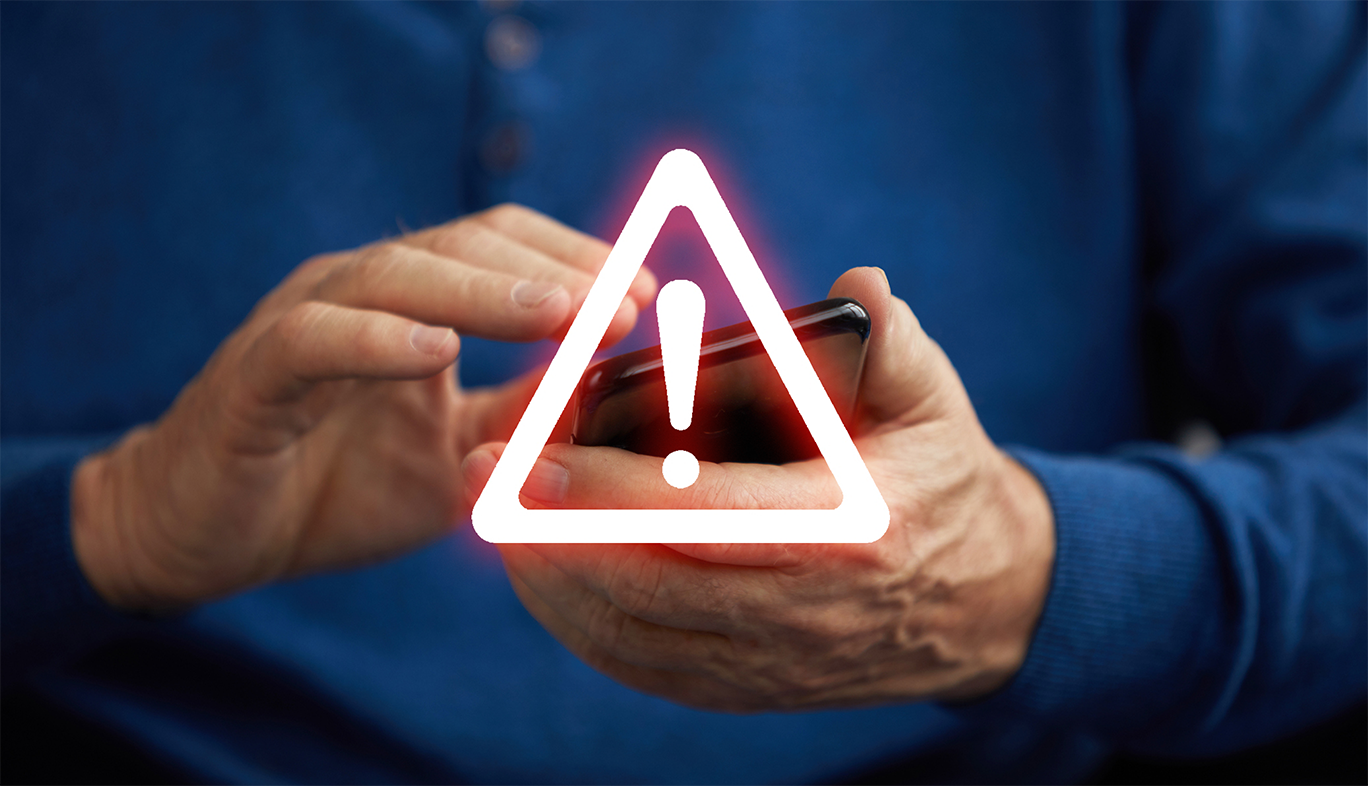Staying Fit


In this story:
About investment scams • Common tactics • Red flags • Protect yourself • Reporting scams • Resources
The phone rings, and a friendly, energetic-sounding stranger is on the line asking if you have a minute to learn how to triple your money in just six months by investing in gold and silver mines. Or maybe you get an email urging you to buy shares of a company whose stock price is sure to go through the roof. It sounds too good to be true — because it is too good to be true.
In 2023, investment fraud was the costliest type of crime tracked by the FBI, with nearly $4.6 billion in losses reported. That’s a 38 percent increase from $3.3 billion in 2022.


AARP Membership— $12 for your first year when you sign up for Automatic Renewal
Get instant access to members-only products and hundreds of discounts, a free second membership, and a subscription to AARP the Magazine.
This crime isn’t new. In the early 1920s, to name one famous example, a con artist named Charles Ponzi fleeced scores of Americans by promising lavish returns by speculating in international coupons used by people in different countries to send each other return postage. In reality, Ponzi was using new investors’ money to pay off existing investors.
Ponzi has since entered the vernacular. You may remember the Bernie Madoff case; he set up a Ponzi scheme to steal the life savings of his victims. In 2023, The Perfect Scam podcast detailed a Ponzi scheme selling phony green energy.




































































More from AARP
About AARP Fraud Watch Network
Helping the consumer avoid identity theft, dating scams, tax fraud and moreAARP Fraud Watch Network Helpline: 1-877-908-3360
Our toll-free service is available Monday through Friday, 8 a.m. to 8 p.m. ET
Find and Report Scams Near You
Stay up-to-date on fraud in your community using AARP's Scam-Tracking Map